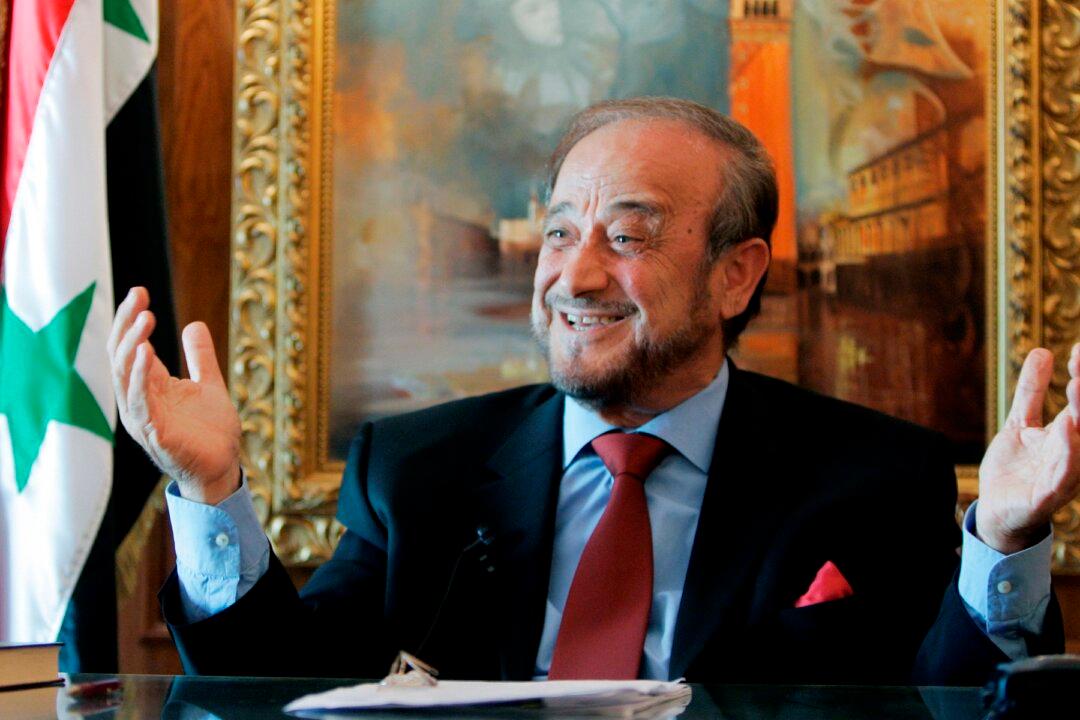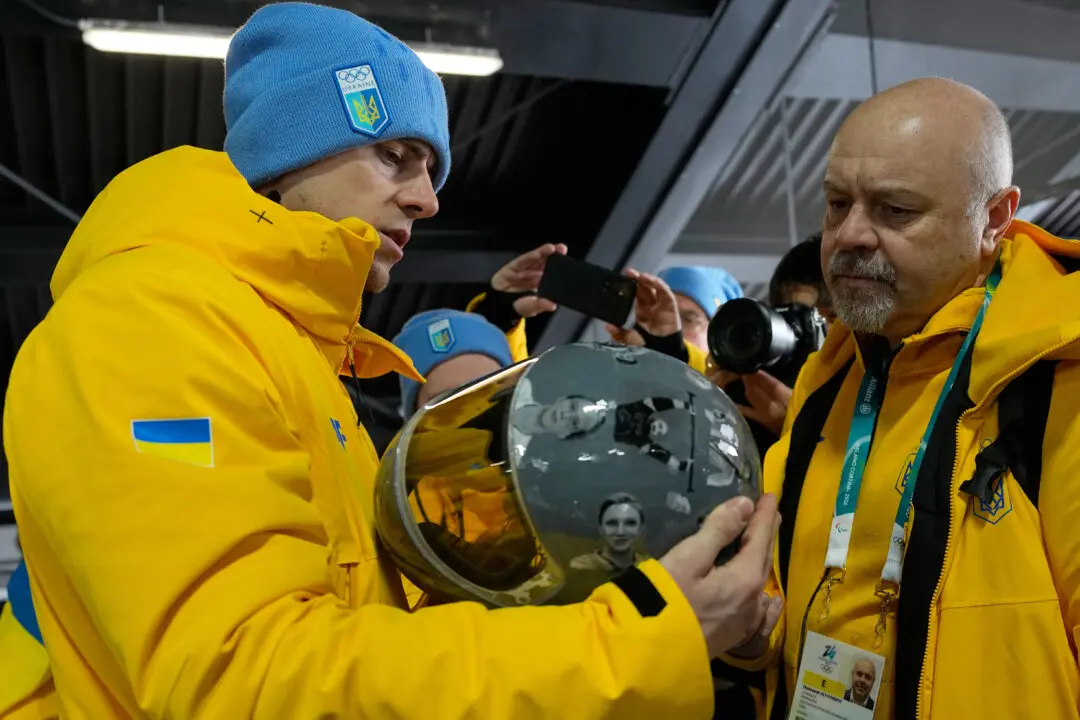PARIS—An uncle of Syrian President Bashar Assad was sentenced to four years in prison in France on Thursday for illegally using Syrian state funds to build a French real estate empire.
The anti-corruption groups that launched the legal proceedings against Rifaat Assad hailed the Paris court’s ruling as a new victory in long-running efforts to prosecute foreign leaders accused of hiding stolen money in France.





